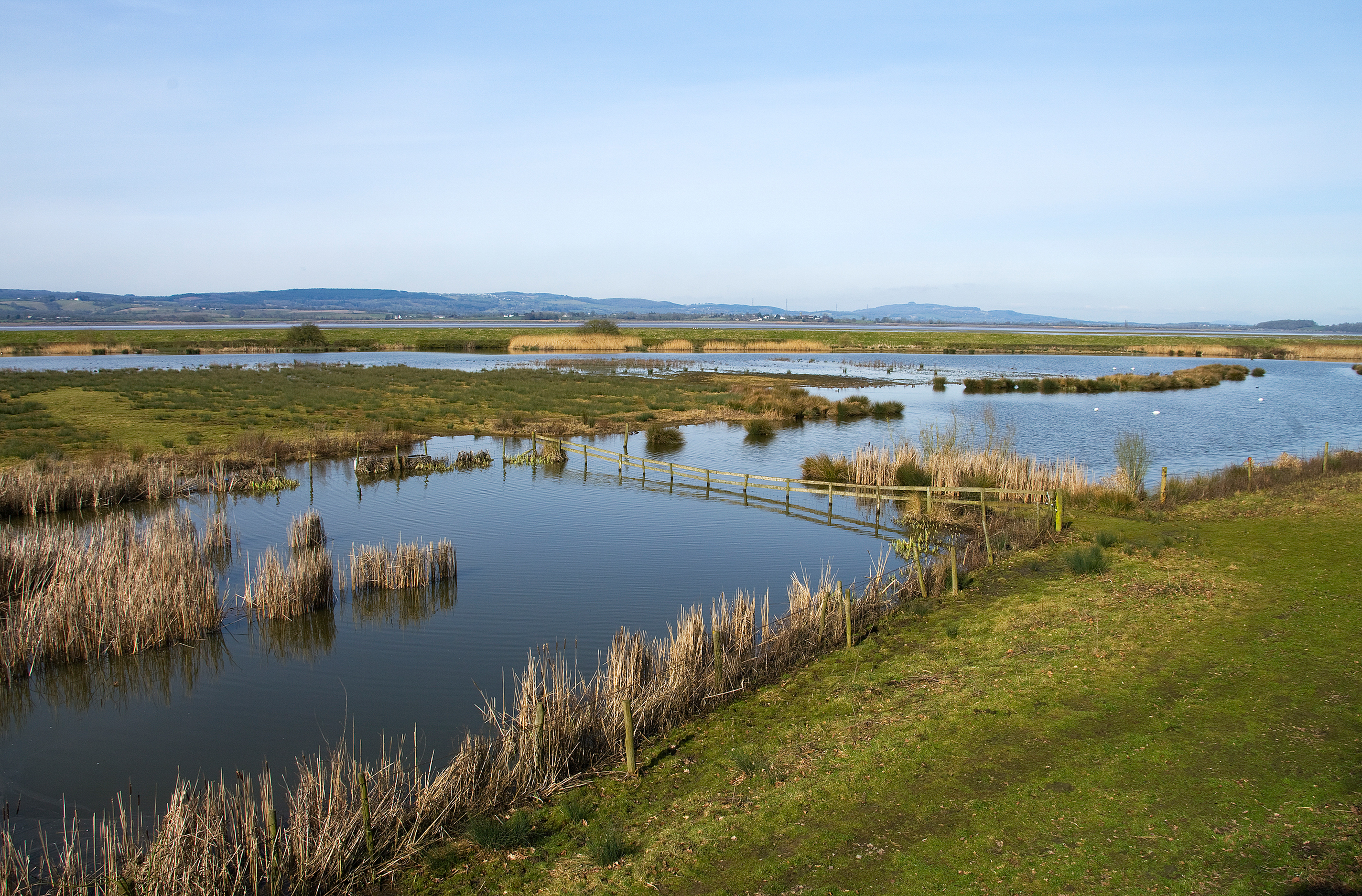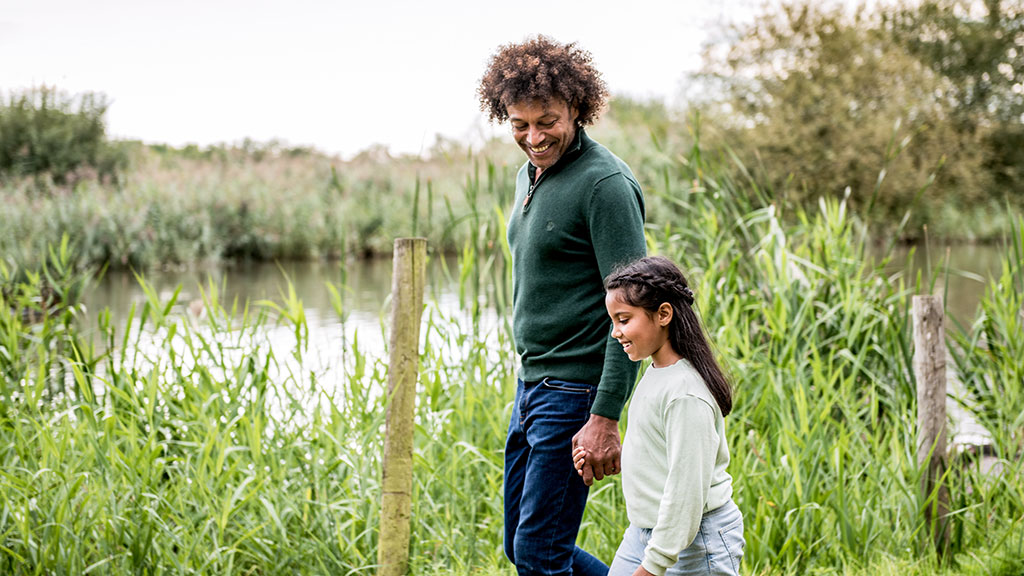WWT responds to The Economics of Biodiversity: The Dasgupta Review

As biodiversity continues to disappear from our rivers, lakes and other wetlands, WWT welcomes the findings of the Dasgupta Review, the much anticipated assessment into the economics of preserving nature.
Until recently, the link between environmental loss and economic decline had yet to take centre stage. However the Review, the conclusions of which are launched today on World Wetlands Day, led by Professor Sir Partha Dasgupta, highlights the intrinsic importance of a sustainable and healthy economy built on the protection of our most important asset - nature
The Review makes clear that human wealth depends on nature’s health. It states that urgent and transformative action taken now would be significantly less costly than delay, and calls for change on three broad fronts:
- Humanity must ensure its demands on nature do not exceed its sustainable supply and must increase the global supply of natural assets relative to their current level. For example, expanding and improving management of protected areas; increasing investment in Nature-based Solutions; and deploying policies that discourage damaging forms of consumption and production.
- We should adopt different metrics for measuring economic success and move towards an inclusive measure of wealth that accounts for the benefits from investing in natural assets and helps to make clear the trade-offs between investments in different assets. Introducing natural capital into national accounting systems is a critical step.
- We must transform our institutions and systems – particularly finance and education – to enable these changes and sustain them for future generations. For example, by increasing public and private financial flows that enhance our natural assets and decrease those that degrade them; and by empowering citizens to make informed choices and demand change, including by firmly establishing the natural world in education policy.
As the world fights a pandemic amid nature, climate and well-being crises, WWT is calling for fundamental reform of our economic models, and for large-scale healthy wetland restoration to be at the heart of realising Dasgupta's aims to preserve natural capital and boost prosperity.
WWT agrees with the review that the rules that govern our economy, markets and finance must be radically changed to place nature at the heart of economic decision making. Without this, we will likely fail to solve the degradation of nature crisis which is currently having a disproportionate impact on freshwater species around the globe.
Freshwater habitats, which host more species per square kilometre than land or oceans – are losing this extraordinary biodiversity two or three times faster than other habitats. A staggering 90% of the world’s wetlands have suffered from degradation contributing to an 84% collapse in freshwater biodiversity.
WWT believes that investing in a blue recovery, by providing essential blue infrastructure that restores, protects and makes best use of natural capital, can help significantly reverse this decline and meets Dasgupta’s recommendation to prioritise investment in nature based solutions to benefit global economies and wider society.WWT are calling for creation of landscape-scale networks of nature-rich wetlands in the UK to build this vital blue infrastructure and provide crucial environmental benefits such as clean water, flood alleviation, carbon storage and boosting people’s health and wellbeing.
To help provide a road map towards a blue recovery, in September last year, an international team of scientists from WWT, WWF, University of Cardiff and other eminent organisations produced an emergency freshwater recovery plan to set out how to reverse the global decline in freshwater biodiversity and help to create more healthy wetlands.
The UK economy stands to lose around £15.5bn annually if it does not embrace restorative systems, such as networks of nature-rich wetlands, that sustain our underlying natural wealth and assets which can in turn lead to job creation, new markets and health protection.
Policy and Advocacy Manager at WWT Richard Hearn said:
“We are undermining the natural capital people depend upon and we welcome Daspugta’s efforts to bring economists, HM Treasury and other financial decision-makers further into this debate.
“Over a quarter of our freshwater species are facing extinction and time is running out. WWT believes that delivering a blue recovery is a vital part of reversing this and meeting Dasgupta’s ambitions.
“The most expensive thing we can do is return to business as usual. When we protect nature, nature protects us. Dasgupta shows us a way we can have a sustainable and healthy economy that doesn’t treat nature as an endless resource.
“Economists need to take note, wetlands are biological super-systems. By improving freshwater biodiversity you’re saving a disproportionately high number of ecosystem services and species, which in turn benefit huge numbers of people and help bring prosperity to society as a whole.”
The Dasgupta Review identifies a range of actions that can simultaneously enhance biodiversity and deliver economic prosperity. Read more here.



